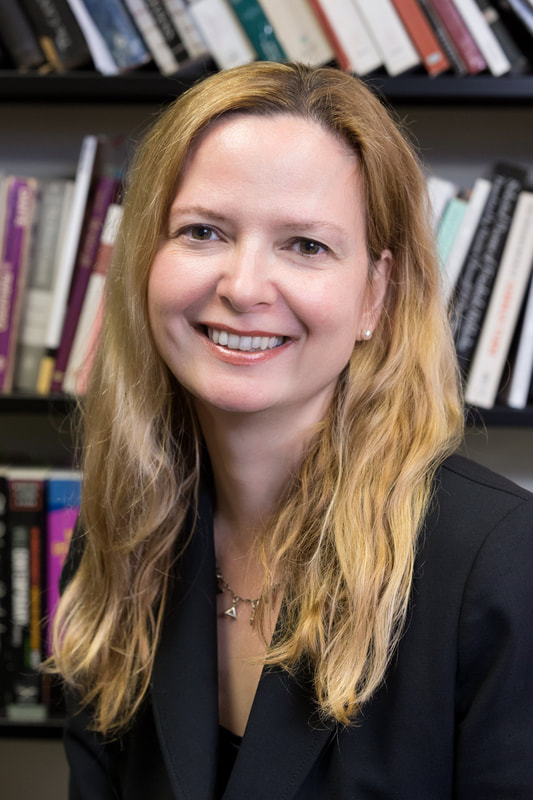Against the American Sonnet
The sonnet was imported into English from the Italian. There is probably no poetic form in English that wasn't imported from another language. Even blank verse was an innovation that came out of translating Virgil. Latin, French, Italian and ancient Greek have been the main sources of our forms; more recently we can add ghazals, qasidas, haiku, etc.
I propose that any innovations to the form have to come from other languages. Poets have to become more multilingual and exogamous if they want to refresh the English language and its poetry.
And further, I don't believe in American sonnets. We speak, and write, in English. Our work is linked to every other English-language writer, and as poets our proper country is the language and its imaginary. An "American sonnet" would be an ex post facto designation, better viewed from the outside -- of our borders, of history -- than something that is self-designated. To think otherwise is just self-marketing.
I propose that any innovations to the form have to come from other languages. Poets have to become more multilingual and exogamous if they want to refresh the English language and its poetry.
And further, I don't believe in American sonnets. We speak, and write, in English. Our work is linked to every other English-language writer, and as poets our proper country is the language and its imaginary. An "American sonnet" would be an ex post facto designation, better viewed from the outside -- of our borders, of history -- than something that is self-designated. To think otherwise is just self-marketing.
Ange Mlinko is author of five collections of poetry and a regular contributor to the New York Review of Books and the London Review of Books. She was named a Guggenheim Fellow in 2014. Currently the poetry editor of Subtropics, she served as poetry editor at The Nation from 2013-16.
